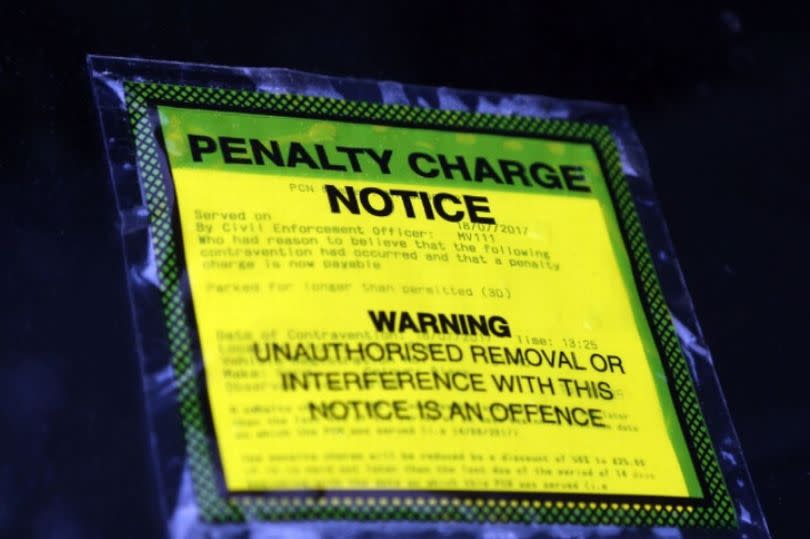New kerb rules could leave motorists with 'nowhere to park'

Motorists in London could be left with fewer parking options as new clean air driving measures are considered. The move towards more sustainable roads and parking could see 25% of land allocated for "kerbside space for more sustainable uses, such as parklets, rain gardens, cycle storage/parking and sustainable transport hire."
Charity Possible has highlighted the need for councils to effectively utilise their powers to combat climate change and reduce car dependency. Carolyn Axtell, parklets campaign manager at Possible, warned that current practices are "cost-prohibitive and can encourage people in all London boroughs to reduce their car use which is necessary for both the capital and the UK to meet their climate targets" and urged all London boroughs to reduce car use to meet climate targets.
Axtell further commented: "As the Parking Action Policy map shows, most of London's councils are failing to make full use of parking policy to deliver safe and accessible streets, and to ensure that there is equity in the distribution of public space."
Get the latest news straight to your phone by joining us on WhatsApp
Climate charity Possible is advocating for stricter driving restrictions in London, including a reduction of 25% of parking bays, which would be repurposed as seating areas and vegetable patches. The group has labelled cars as an 'inefficient use of space' and is pushing for the creation of more 'parklets', reports Birmingham Live.
Alice Roberts, head of campaigns at Campaign to Protect Rural England, commented: "While some London boroughs are leading the way on using parking policy to create climate friendly and more equitable streets, we still have a lot of work to do."
She further highlighted that cars are "hugely inefficient" in terms of space usage.
She warned that the dominance of cars results in the "loss of, and lack of" parks and play spaces within cities, as land is "swallowed up by huge amounts of 'grey space' given to roads and parking,".

 Yahoo News
Yahoo News 
